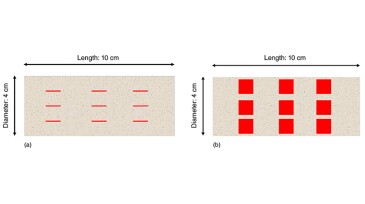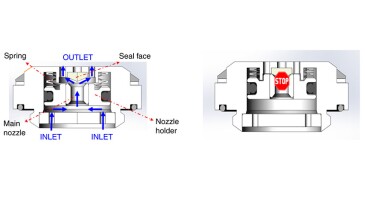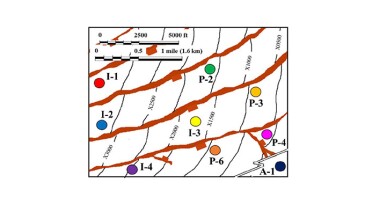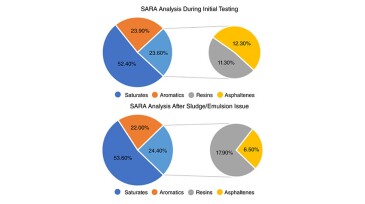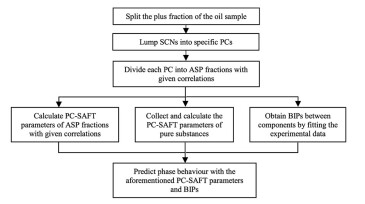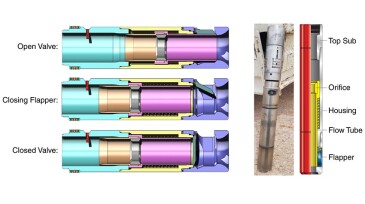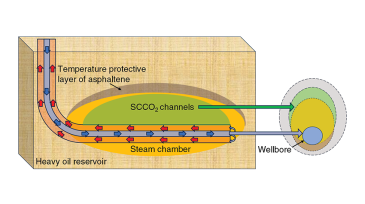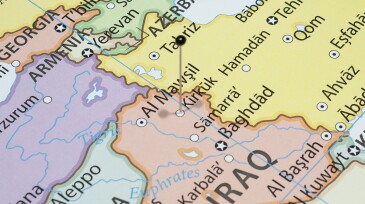Enhanced recovery
Operators are turning to new gas-lift and nanoparticle-fluid technologies to drive up production rates.
This paper addresses the difficulty in adjusting late-stage production in waterflooded reservoirs and proposes an integrated well-network-design mode for carbon-dioxide enhanced oil recovery and storage.
This work presents the development of fast predictive models and optimization methodologies to evaluate the potential of carbon-dioxide EOR and storage operations quickly in mature oil fields.
-
The authors of this paper describe a method of stimulating a multizone hydrocarbon-producing well wherein a tool is deployed downhole by wireline to generate acid vapor at a target depth, allowing each interval to be treated uniquely.
-
This paper extends an integrated two-scale continuum model that contemplates mass, momentum, and energy changes to study the acid-stimulation process in complex carbonate acid-stimulation systems with the development of fracture and vug networks.
-
The authors of this paper write that autonomous outflow-control devices can positively affect matrix acidizing by providing the best possible conformance.
-
This study combines preshear degradation, permeability, and oil presence effects to evaluate and improve polymer injectivity using acrylamido tertiary butyl sulfonate (ATBS) polymer in carbonate rock.
-
The authors of this paper describe reservoir-fluid-geodynamics processes that explain the reasons behind varying oil compositions and properties within and across different reservoir compartments.
-
This work investigates the root cause of strong oil/water emulsion and if sludge formation is occurring within the reservoir using a robust integrated approach.
-
In this work, a perturbed-chain statistical associating fluid theory equation of state has been developed to characterize heavy-oil-associated systems containing polar components and nonpolar components with respect to phase behavior and physical properties.
-
This paper aims to present thoroughly the application of subsurface safety injection valves in extremely high-temperature environments.
-
This paper presents a comprehensive model of geothermal exploitation for depleted deep heavy oil reservoirs through supercritical CO₂ injection.
-
In a deal described as possibly "one of the most important transactions BP has done in 20 years" by CEO Murray Auchincloss, the company has agreed contractual terms with the Iraqi government to invest in drilling and infrastructure to rehabilitate and boost production at the Kirkuk oil field.





